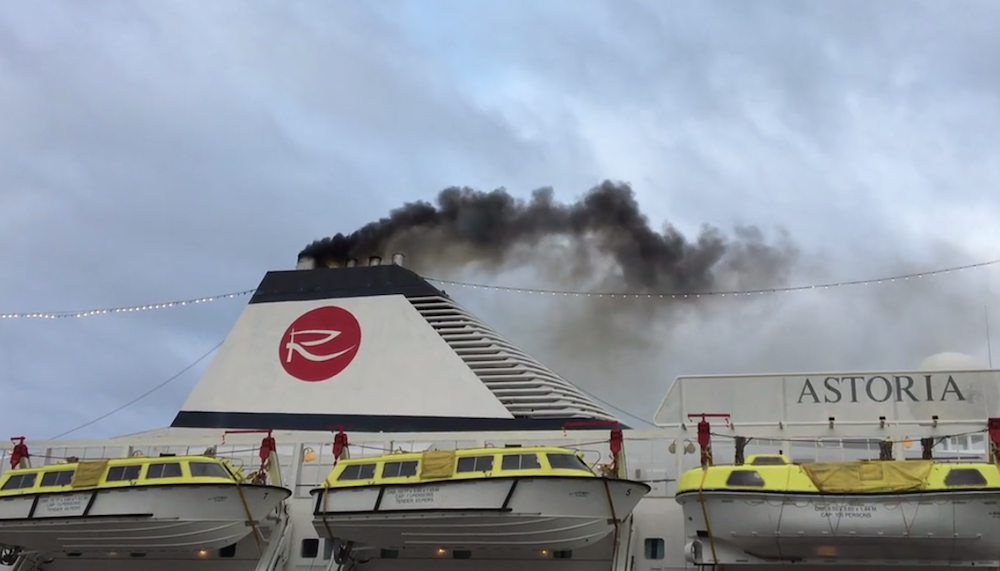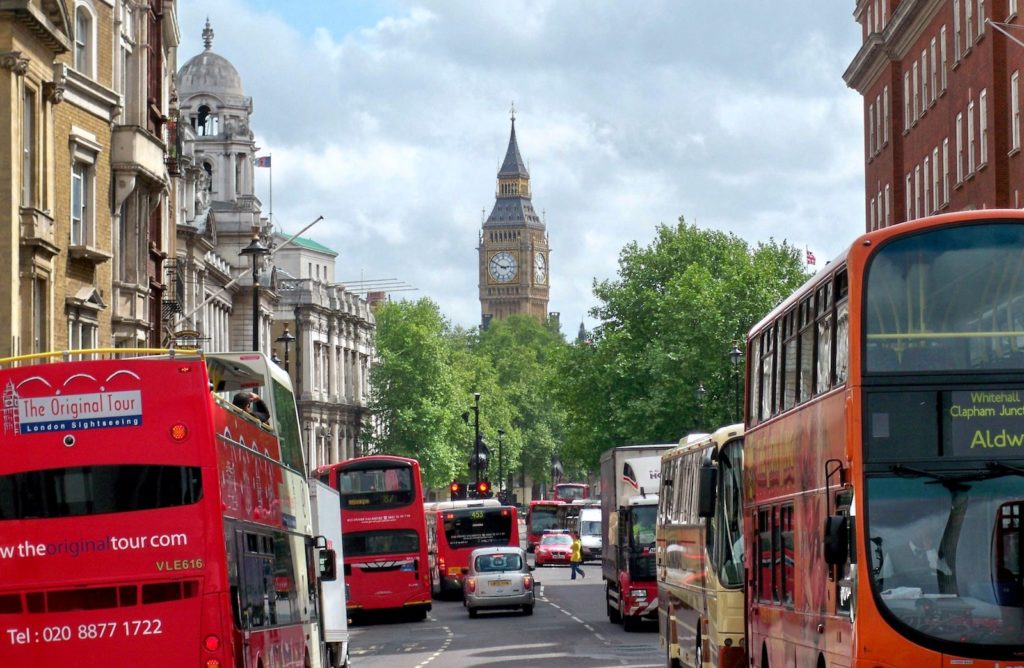The Week Ahead: Not-so-short-lived
Black carbon disappears quickly from the environment. Efforts to stop it from getting there in the first place are taking somewhat more time.
January 14, 2019
2234

But, unlike carbon dioxide, quick reductions in black-carbon emissions are relatively easy to achieve — for instance by using cleaner-burning maritime fuels or by ending the practice of burning off the excess gas produced by oil and gas extraction. Also unlike carbon dioxide, black carbon disappears after a few weeks, so if a decision to stop polluting is made, the improvements would be almost immediate. Underscoring the contribution black carbon makes to global warming, making significant cuts, some scientists reckon, could stave off some or all of projected temperature increases for the next decade or more. Carbon dioxide, on the other hand, remains in the atmosphere for at least a century, meaning that much of the associated temperature increases are yet to come. Niinistö has repeatedly pressed the issue of black carbon internationally, and Finland has made it one of the priorities of its Arctic Council chairmanship. In June, he sought to combine the two by bringing it up in connection with a meeting in Helsinki between Donald Trump and Vladimir Putin by suggesting that Arctic states hold a summit about the matter. [Air pollution from ships will likely slow rising Arctic temperatures, researchers say] Time is running out if that is to happen on his watch; Finland’s chairmanship ends in May. It remains to be seen whether Iceland, the next chair, has a champion such as Niinistö on the black carbon issue. Reykjavík, though, is said to share Helsinki’s concerns, so even if the idea of a summit peters out, Iceland seems ready to keep the pressure on member states to meet their goal of reducing emissions of black carbon by between 25 percent and 33 percent on 2013 levels by 2025. That will likely mean anther two-year extension of the mandate given the Expert Group on Black Carbon and Methane, created in 2015 to guide the council on matters relating black carbon and methane, another powerful, but short-lived form of carbon pollution. In addition to documenting how much of the two pollutants Arctic countries are producing, the group, which is meeting in Helsinki, January 16-17, is also responsible for keeping track of what countries in the region and beyond are doing to cut emissions. By combining the two, the group has the information it needs to suggest to decision-makers in Arctic states what more they can do to reach their goal, according to Mikael Hildén, its chair. Its first order of business may well be to encourage them to make their group as short-lived as the pollutants it studies.President @Niinisto in #China: By reducing #blackcarbon emissions, we can make a difference quickly and efficiently. I would call on all to join the efforts to reduce black carbon emissions in the #Arctic and globally.
— TPKanslia (@TPKanslia) January 14, 2019
A tale of two organizations
